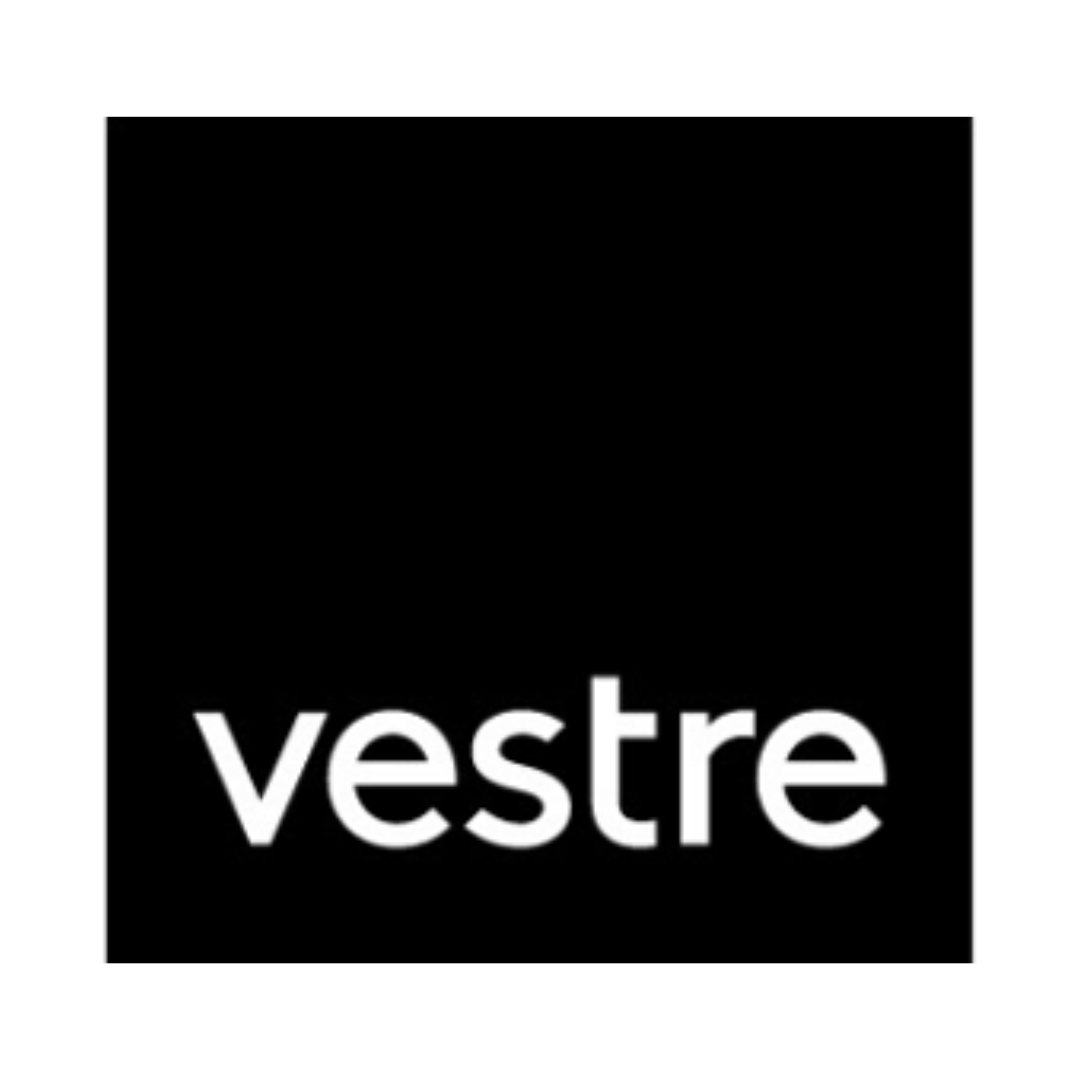Project showcase
Rochester Riverside, Medway, for Medway Council, Countryside Partnerships (Vistry Group) and The Hyde Group, with BPTW and LUC
Rochester Riverside is developing a 50ha brownfield site adjacent to the historic centre of Rochester and its new railway station. Plans include a 2.5km river walkway, commercial units, parking, green spaces, a primary school, care home and hotel. The £419m project will bring 1,400 new homes, 25% of which will be made affordable.
Who is on the project team? (designer, consultants, etc)
BPTW, architect; LUC, landscape architect; HTA, architecture/ masterplanning; Public Art, Francis Knight with Christopher Tipping; M&E engineer, MWL Consulting Engineers; Structural engineer, Brand Consulting
Describe the context of this project and the point it has reached in its development. Who was there in this place before development, where have they gone, who is there now and who will be there in future? When is the project expected to be complete?
Rochester Riverside is truly a place in progress with 1/3 of the masterplan delivered, contributing to a genuine sense of place and community. The current population is around 1,300 people with delivery of phases 1, 2 and 3, providing a total of 502 new homes, a station hotel, local supermarket and café and over a kilometre of enhanced Riverwalk overlooking three salt marsh creeks. New public spaces include Station Square, Crane Point and Furrell’s Park overlooking the River Medway. Over 20 years ago, the site was cleared of former riverfront industrial uses and the site was raised to address flooding. Phase 1 was purposefully centred on Rochester’s new station to promote place activation at the site’s key gateway. This enabled early delivery of the mixed-use station square and prioritised use of public transport. Phase 1b was awarded a Building for a Healthy Life Award and was the overall Winner of Winners Award at the 2020 Housing Design Awards. Delivery is now focused on Phase 7 to the south, reflecting the former maritime industrial heritage. A care home is being delivered north of Phase 1 and the new primary school opens for use in September 2024. The subsequent northern portion of the masterplan will complete delivery, in January 2030. The overall population will be local in nature, given 74% of purchasers moved from a Medway postcode, as represented by sales so far. Demographics represent a sustainable, mixed community composed of younger first purchasers, small to larger families and empty nesters.
How are you seeking to foster community, welcome visitors and attract tenants? How are you responding to changing demographics, behaviour, market context, policy, transport habits and the climate crisis since winning planning?
Nurturing the new community at Rochester Riverside has been a priority from design through delivery stages. A connected street grid defines a clear hierarchy of routes, with the ‘town side’ tree-lined urban avenue connecting a series of key squares at the site’s gateways, including the central Station Square. There was a considered effort to deliver this space with hotel, café and supermarket early to cater for the emerging neighbourhood. Most other streets terminate with river views, connecting to new open spaces and the 2.5km Riverwalk. Along the riverfront, new playable landscapes, generous landscaping with native species, dwell spaces and integrated public art contribute to an active and sociable place. The design and range of tenures contribute to active, convivial streets where current residents can remain within Rochester Riverside as circumstances change. Mid-rise flat blocks prioritise street-facing amenity spaces and 2–5-bedroom homes, as terraced, mews-style, semidetached and detached typologies, create safe, overlooked streets. A Community Chest fund nurtures the local community, facilitating Jubilee, Medway Pride, choral and community garden events amongst others, with an annual £30,000 budget. Newsletters and active online groups, including the Rochester Riverside Facebook group with over 650 members, enable a growing community spirit among recently-established and newer residents. The community will be further supported by the opening of the local primary school in 2024. Since consent, there’s a greater focus on sustainability with agreed lowered car parking standards, introduction of 100% EV charging points and current delivery of a care home to diversify the neighbourhood’s offer.
What is your sustainability strategy and how are you mitigating carbon use and construction pollution?
Rochester Riverside demonstrates a holistic approach to social, economic and environmental sustainability from town to building scales. First Principles focused on defining direct routes linking Rochester centre to the car-free Riverwalk, creating a sustainable urban extension with a genuine modal shift to more sustainable travel. A wide mix of typologies promoted a true neighbourhood where residents can move locally as needs change, whilst mixed uses and a new school embed 15-minute city principles. Beyond a connected, welcoming pedestrian environment, a car club was introduced; cycling encouraged through links to the adjacent National Cycle Route 1; convenient cycle storage designed for homes and visitors; and a new vibrant station square encouraged train use. Furthermore, the early delivery of 10% EV charging expanded to provide EV to all parking spaces for subsequent phases. The main north/south avenue provides flatted homes with an east/west orientation and simple building forms maximise dual aspect homes benefitting from natural light and ventilation. Roofs were designed to accommodate PV panels and biodiverse roofs on flat blocks. The existing salt marsh creeks were enhanced and supplemented with bird and bat boxes to enhance biodiversity. Up to Planning, the developer team committed to social sustainability, including use of BRE green book guide materials and focus on locally sourced materials, such as using local bricks where possible. Achieving a significant 50% use of local labour on site, many local hirees progressed to more senior roles over time, contributing to reduced carbon footprints and local pollution whilst growing the local economy.
Festival of Pineapples
24-26 February 2026
Pineapples prize giving night
April
Pineapples at Festival of Place
10 June 2026
© The Pineapples - Tweak Ltd. 124 City Road, London, EC1V 2NX. Tel: 020 3326 7238




